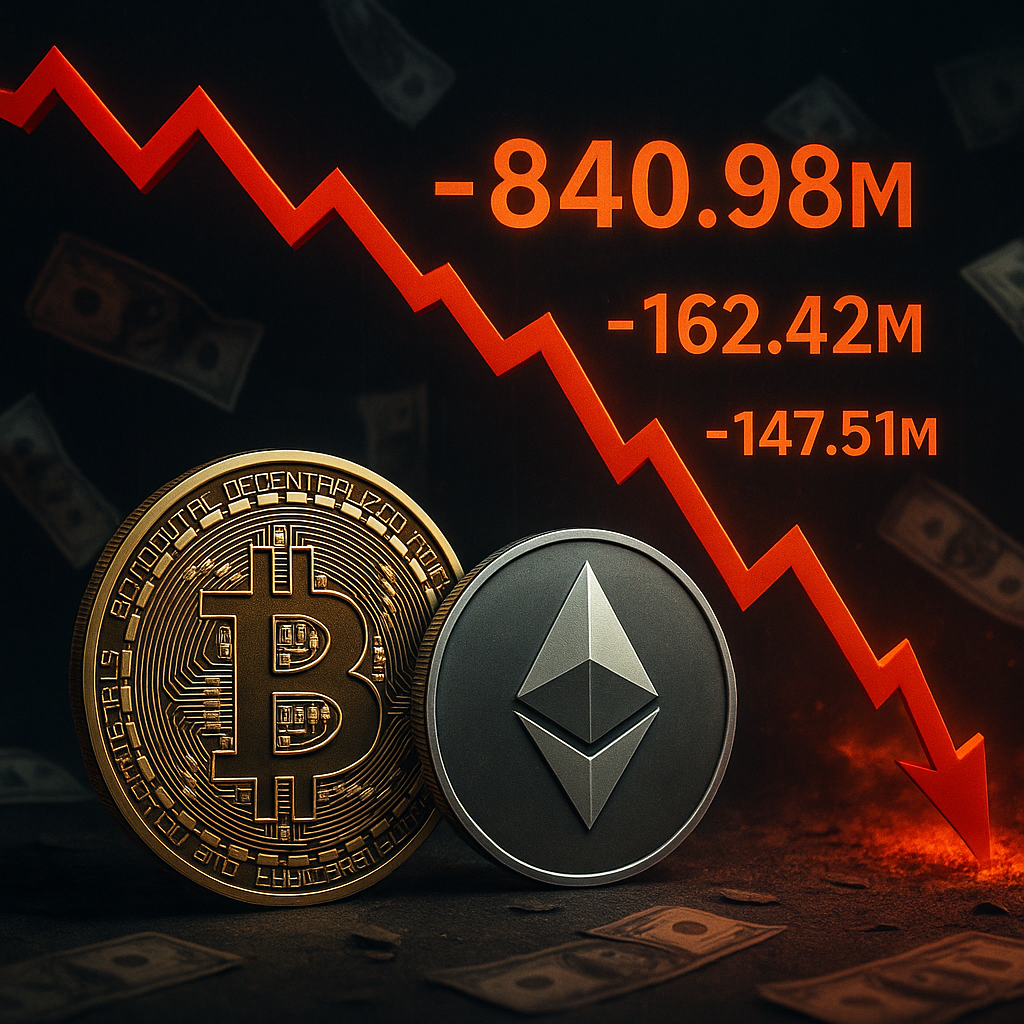The Australian Securities and Investments Commission (ASIC) has taken legal action against Binance Australia Derivatives, accusing the platform of misclassifying 505 retail investors as wholesale clients. This misclassification allegedly deprived these users of critical consumer protections while exposing them to high-risk financial products.
ASIC Alleges Failures in Compliance in Binance
In its Dec. 18 lawsuit, ASIC claims Binance Australia misclassified these investors between July 7, 2022, and April 21, 2023. According to the regulator, this affected 83% of the platform’s users, many of whom suffered substantial financial losses.
ASIC Deputy Chair Sarah Court criticized Binance’s compliance systems, stating they were “woefully inadequate.” She added, “Our case alleges Binance exposed more than 500 clients to high-risk, speculative products without the right consumer protections. Many of these clients suffered significant financial losses.”
ASIC revealed that Binance had paid approximately $13 million in compensation to affected clients in 2023. Court emphasized the importance of correctly classifying retail users, arguing that proper classification ensures users receive essential information and protections to make informed investment decisions.
Regulatory Compliance and Broader Implications
Under Australian financial laws, operators like Binance must provide retail clients trading crypto derivatives with key protections. These include a product disclosure statement, access to dispute resolution mechanisms, and a target market determination. ASIC alleges that Binance’s failure to comply with these requirements violated these obligations.
The lawsuit comes amid broader regulatory scrutiny of cryptocurrency platforms in Australia. Just days prior, ASIC won a case against Kraken, which was fined $5.1 million for offering margin lending products without proper consumer protections.
ASIC reiterated its position that many digital assets and related products fall under financial product regulations. The regulator also highlighted ongoing consultations aimed at clarifying and strengthening oversight of the cryptocurrency sector.
This case underscores the growing tension between regulators and crypto platforms, as authorities seek to enforce compliance while the industry navigates evolving regulatory landscapes.

 News
News  December 20, 2024
December 20, 2024  3 min.
3 min. 









